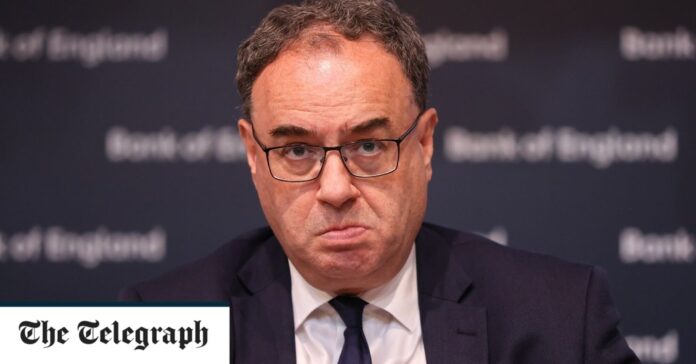Its inflation failures have laid bare its fundamental lack of true accountability
Is the Bank of England’s independence a shield against political interference, or a cloak hiding its failure to control inflation? For perhaps the first time since the Bank of England was granted operational independence in 1998, the institution has received a cascade of criticism, and rightly so. The UK’s current inflationary episode reveals what we believe to be severe flaws in the Bank’s economic analysis and the rationale used to make monetary policy decisions that must be addressed.
The Bank of England Act 1998 was pivotal, introducing independence. Today, 25 years on, it requires a complete reassessment. There should be less discretion for the Bank of England to make decisions as it will, and much greater scrutiny, accountability and transparency.
The essential problem is that the Bank relies far too much in our view on the “New Keynesian” model as a benchmark for forecasting inflation and in shaping its policy decisions. This model says that inflation is mostly a matter of people’s beliefs about future expectations, and how “hot” the economy is running; there is very little role given to the quantity of money in circulation.
Through this non-monetary lens, the Bank of England unleashed a staggering £450 billion asset purchase programme through “quantitative easing” in 2020 and 2021, bringing the total value since 2009 to £895 billion. The Bank seemed to operate under the assumption that the resulting surge in the money supply would not feed into inflation.


